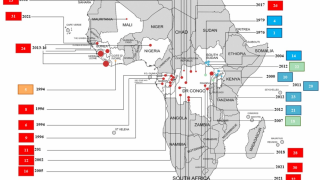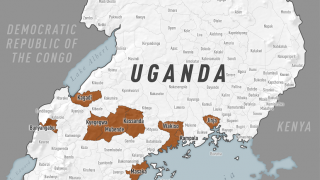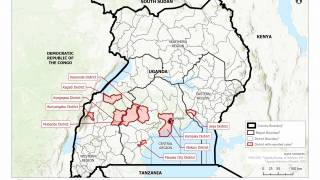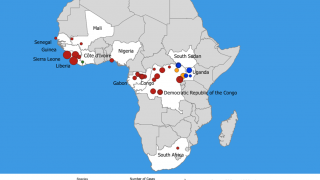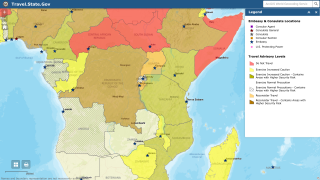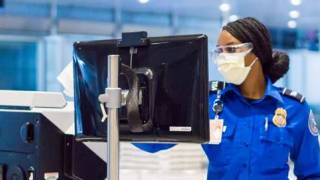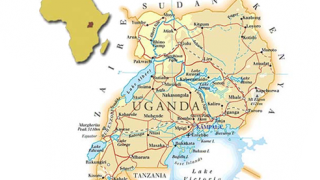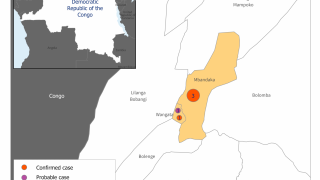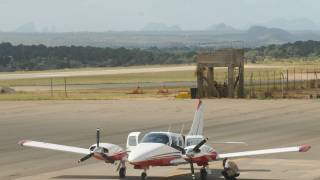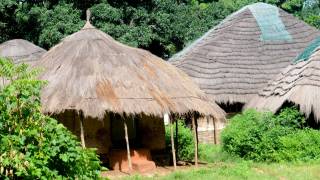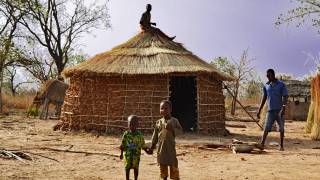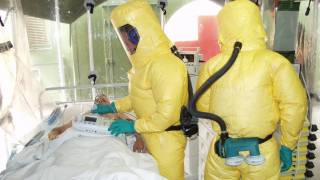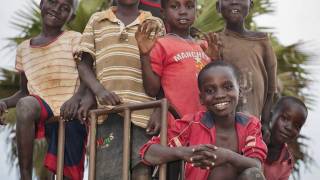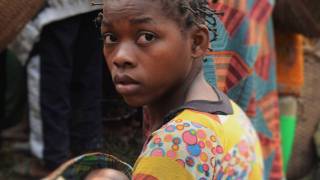Are There Ebola-related Travel Restrictions?

According to the World Health Organization (WHO), ‘the Ebola Zaire virus outbreak in the Democratic Republic of the Congo (DRC) continued this past week, with similar disease transmission intensity.’
This WHO statement published online on August 8, 2019, said ‘an average of 86 new Ebola cases per week over the past 6 weeks, has been confirmed in the DRC.
Since this DRC Ebola outbreak began during August 2018, a total of 2,781 cases, including 1,866 fatalities, have been reported as of August 6, 2019.
This new WHO data reflects an overall Ebola case fatality ratio 67 percent.
But, the WHO said in the recent statement, that ‘it advises against any restriction of travel to, and trade with, the DRC, based on the currently available information.’
And, the WHO said, ‘no country has implemented travel measures that significantly interfere with international traffic to and from the DRC.’
The WHO’s reasoning for not issuing travel restrictions for the DRC is related to the lack of licensed Ebola vaccines.
This WHO statement says ‘there is currently no licensed vaccine to protect people from the Ebola virus.
Therefore, any requirements for certificates of Ebola vaccination are not a reasonable basis for restricting movement across borders or the issuance of visas for travelers to/from the affected countries.’
But, the WHO’s Director-General did declare on July 17, 2019, the current Ebola outbreak in the DRC a ‘Public Health Emergency of International Concern under the International Health Regulations.’
Additionally, the WHO published the following recommendations regarding international traffic to the DRC:
- strongly advises against the closure of borders or implementation of any restrictions on travel and trade
- including general quarantine of travelers arriving from Ebola-affected countries
The WHO said ‘such measures push the movement of people and goods to informal border crossings that are not monitored, thus increasing the chances of the spread of disease.’
‘Most critically, such measures are not supporting public health efforts as they negatively and significantly affect response operations from a security and logistics perspective and can compromise local economies.’
In conflict with the WHO statement on August 8th, the Kingdom of Saudi Arabia ‘has stopped issuing visas to people from the DRC, including non-citizens,’ reported by the AP News on July 24, 2019.
Furthermore, to alert international travelers from the USA, the Centers for Disease Control and Prevention (CDC) issued an updated Level 2 Travel Alert on August 8, 2019, which says ‘the risk of Ebola infection for most travelers to DRC is low.’
‘Only those going to the outbreak area or who otherwise have contact with a person with Ebola, are at risk.’
‘Travelers could become infected if they come into contact with blood or body fluids from an infected person. Family and friends caring for people with Ebola and health care workers who do not use correct infection control precautions are at higher risk.’
‘Travelers should seek medical care immediately if they develop fever, headache, body aches, sore throat, diarrhea, weakness, vomiting, stomach pain, rash, or red eyes during or after travel, said the CDC.
For UK-based travelers, on August 2, 2019, Public Health England’s Returning Workers Scheme provides guidance for British Nationals who will be returning to the UK from areas affected by the Ebola outbreak.
And on July 22, 2019, the Government of Canada recommends that Canadians avoid all non-essential travel to the DRC.
Further Ebola travel information is available in the WHO recommendations for international traffic related to the Ebola Virus Disease outbreak in the Democratic Republic of the Congo.
The Ebola virus disease, also known as Ebola hemorrhagic fever, is a rare and deadly disease and internal and external bleeding may be seen in some patients.
There are 2 Ebola Zaire vaccine candidates currently being tested in central Africa during 2019:
- Merck v920 (rVSVΔG-ZEBOV-GP) is a recombinant, replication-competent Ebola vaccine, consisting of a vesicular stomatitis virus (VSV), which has been genetically engineered to express a glycoprotein from the Zaire ebolavirus so as to provoke a neutralizing immune response to the Ebola virus.
- Janssen Ad26.ZEBOV is a vaccine designed to provide active specific acquired immunity to the Ebola virus. The vaccine is based on adenovirus type 26 (Ad26) vector expressing the glycoprotein (GP) of the Ebola virus Mayinga variant.
These Ebola vaccine candidates can cause side effects, which should be reported to a healthcare provider, or the CDC.
Our Trust Standards: Medical Advisory Committee
- WHO: Ebola virus disease – Democratic Republic of the Congo
- Statement on the meeting of the International Health Regulations (2005) Emergency Committee for Ebola virus disease in the Democ
- CDC: Ebola in Democratic Republic of the Congo
- GOV.UK: Democratic Republic of the Congo
- Government of Canada: Democratic Republic of Congo (Kinshasa)

